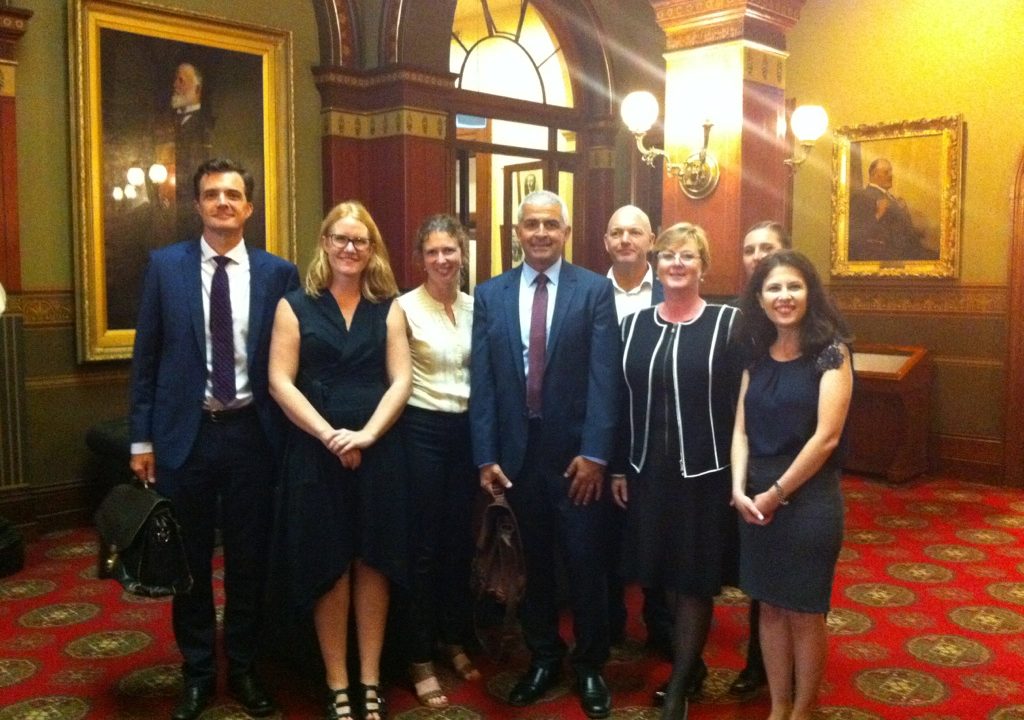
PIAC’s CEO, Jonathon Hunyor, has appeared before the federal Parliamentary Joint Committee on Human Rights as part of its inquiry into federal protections against racial discrimination and the complaint handling procedures of the Australian Human Rights Commission.
PIAC appeared alongside representatives from Amnesty International Australia, the Australian Lawyers Alliance and the Refugee Council of Australia.
The Committee is examining whether the operation of Part IIA of the Racial Discrimination Act 1975 (Cth) (including sections 18C and 18D) impose unreasonable restrictions on freedom of speech, and whether the complaints-handling procedures of the Australian Human Rights Commission should be reformed.
In a joint opening statement, the group emphasised the importance of balancing the right to freedom of expression with the right to be free from racial discrimination and racist hate speech. PIAC stated that Part IIA of the Racial Discrimination Act 1975 has struck this balance well for over two decades, with the courts requiring a high threshold of harm for violations of s18C, and with an eye to the strong free protections contained within s18D.
PIAC’s submission emphasised that Part IIA of the RDA does not require amendment. Evidence from 21 years of operation of this law is that it provides protection against racist hate speech, is an important normative statement of the right to live free of racial discrimination and strikes an appropriate balance with the right to freedom of speech.
In his evidence, Jonathon Hunyor said:
‘…overwhelmingly the evidence is that this regime [Part IIA of the RDA] has worked very successfully and very effectively….
‘in the American context, Mari Matsuda writes of the aloneness of being subject to racism and how that aloneness comes not only from the racist message but also from a government response of tolerance. We think it is important that there is no message of tolerance from government and the parliament… [T]here is always going to be a legitimate discussion about where we draw the line and how we balance those rights, but to have that strong, normative statement that racial hatred is not something that can be expressed in a public place, we think, remains a very important thing and does play a role in social cohesion…’
PIAC recognised that there may be a case for amending complaint handling provisions to require leave from a court where the President of the Australian Human Rights Commission has found a complaint to be clearly lacking in merit, to have already been dealt with or to have been unduly delayed. However, such an additional hurdle should only be placed in the way of a complainant in clear cases.
Our submission to the inquiry, Reasonable limitations on the right to freedom of expression can be accessed here and a full transcript of the public hearing is available here.
The Committee is due to report on 28 February 2017.